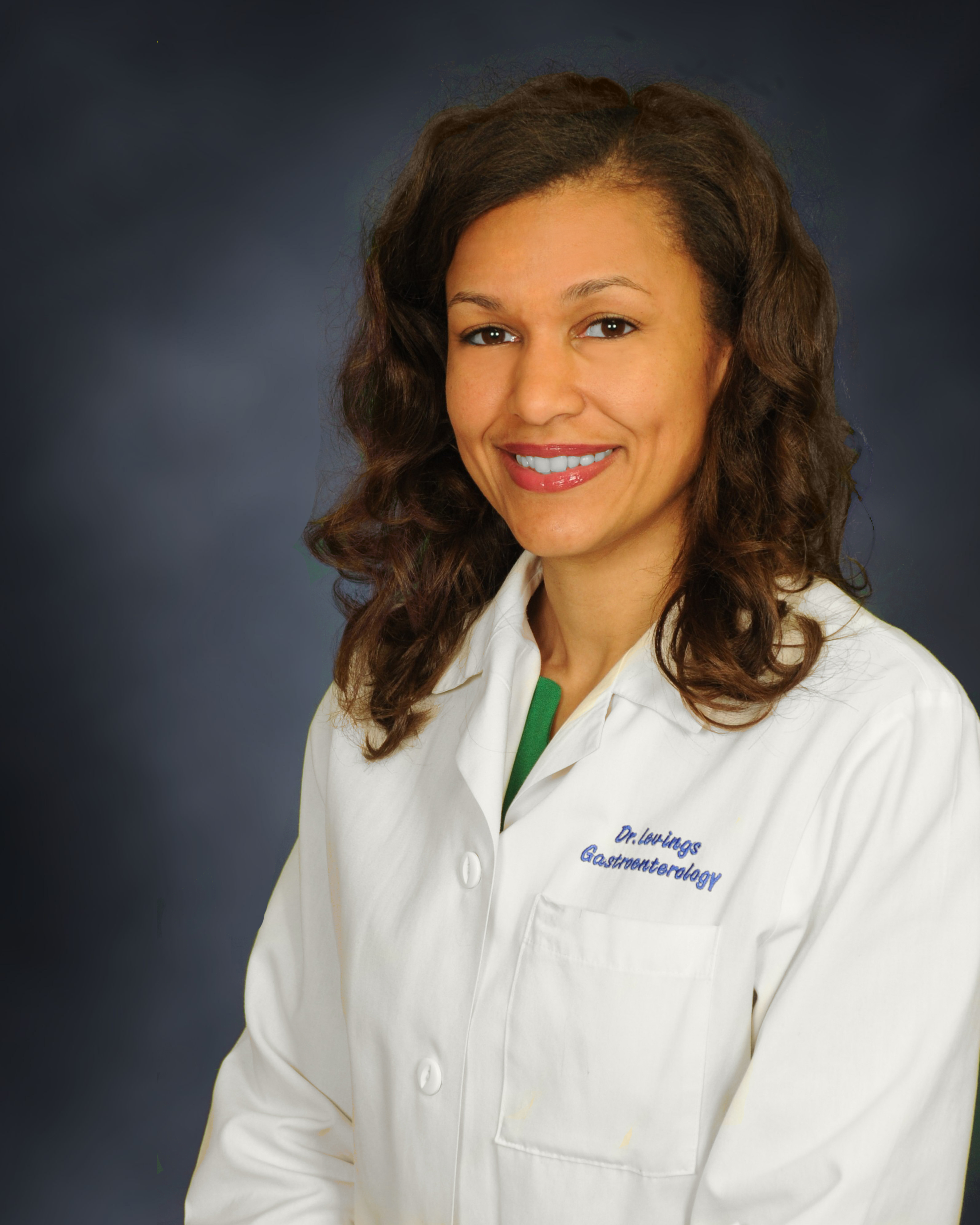Dr. Christina Levings - Gastro Texas
9190 Katy Fwy Ste 102
Houston, Texas 77055
(713) 647-9300 Satellite Office: 24732 Kingsland Blvd, Katy TX 77494 Gastroenterology
Gastro Texas provides a variety of diagnostic services for gastrointestinal and liver disorders. They include colonoscopies, upper endoscopies, ERCP, Endoscopic ultrasound , motility studies, imaging studies of abdomen (ultrasound and CT scan). We utilize the latest techniques in diagnosis including laboratory, radiologic imaging. We are able to specifically tailor your therapy based on the most up to date state of the art therapeutic strategies.
Colonoscopy
Lets the physician look inside your entire large intestine , from the lowest part, the rectum , all the way up through the colon to the lower end of the small intestine . The procedure is used to diagnose the causes of unexplained changes in bowel habits. It is also used to look for early signs of cancer in the colon and rectum. Colonoscopy enables the physician to see inflamed tissue, abnormal growths, ulcers, bleeding, and muscle spasms.
Upper Endoscopy
Upper endoscopy enables the physician to look inside the esophagus , stomach , and duodenum (first part of the small intestine). The procedure might be used to discover the reason for swallowing difficulties, nausea , vomiting , reflux , bleeding, indigestion , abdominal pain, or chest pain. Upper endoscopy is also called EGD, which stands for esophagogastroduodenoscopy (eh-SAH-fuh-goh-GAS-troh-doo-AH-duh-NAH-skuh-pee).
Gastro Texas uses state of the art equipment to perform his endoscopic procedures. The endoscopes are manufactured by Olympus. Olympus has always been in the forefront developing new advances in endoscopes, to meet users needs and to respond to the rapidly changing world of medicine. Learn More Gastro Texas performs endoscopic procedures at local hospitals, at Katy Surgery Center, and at Memorial Endoscopy Centers. Learn More Flexible Sigmoidoscopy
Enables the physician to look at the inside of the large intestine from the rectum through the last part of the colon, called the sigmoid colon. Physicians may use this procedure to find the cause of diarrhea, abdominal pain, or constipation. They also use sigmoidoscopy to look for early signs of cancer in the colon and rectum. With sigmoidoscopy, the physician can see bleeding, inflammation, abnormal growths, and ulcers.
African Americans (both men and women) should have a colonoscopy at the age of 45 not 50.
African Americans have a higher risk of developing colon cancer than other populations. We are more likely to develop colorectal cancer at a younger age, have a more advanced stage of cancer at the time of diagnosis, and have worse survival rates. Therefore, it is recommended that African Americans begin colorectal cancer screening at 45 instead of age 50. Age 50 is the general recommended age for colorectal cancer screening for other populations at average risk. Most insurance companies will actually cover the cost of routine screening colonoscopies for African Americans at age 45 due to this higher risk. Other average risk populations usually have to wait until age 50 for their insurance carriers to cover the cost of routine screening colonoscopies. Christina Levings, MD
Board certified in Gastroenterology, Dr. Levings received her medical degree from Tulane University School of Medicine. She completed her Internal Medicine residency at Virginia Commonwealth University/Medical College of Virginia in 2004. Subsequently, she completed her Fellowship in Gastroenterology and Hepatology at Tulane University School of Medicine in 2007.
She has been practicing Gastroenterology since 2007. She practiced in the Maryland, Washington D.C., and northern Virginia area for 4 years. While there, she earned the Kaiser Permanente Shining Star Award and Kaiser Permanente Distinguished Clinician: Art of Medicine Award. Moving closer to home, Dr. Levings has been practicing in Houston since 2011.
She is an active member of the Medical Staffs at Memorial Hermann Katy Hospital, and Houston Methodist West Hospital. She is also a member of the American College of Gastroenterology, American Gastroenterological Association, Harris County Medical Society, and Texas Society of Gastroenterology and endoscopy.

?